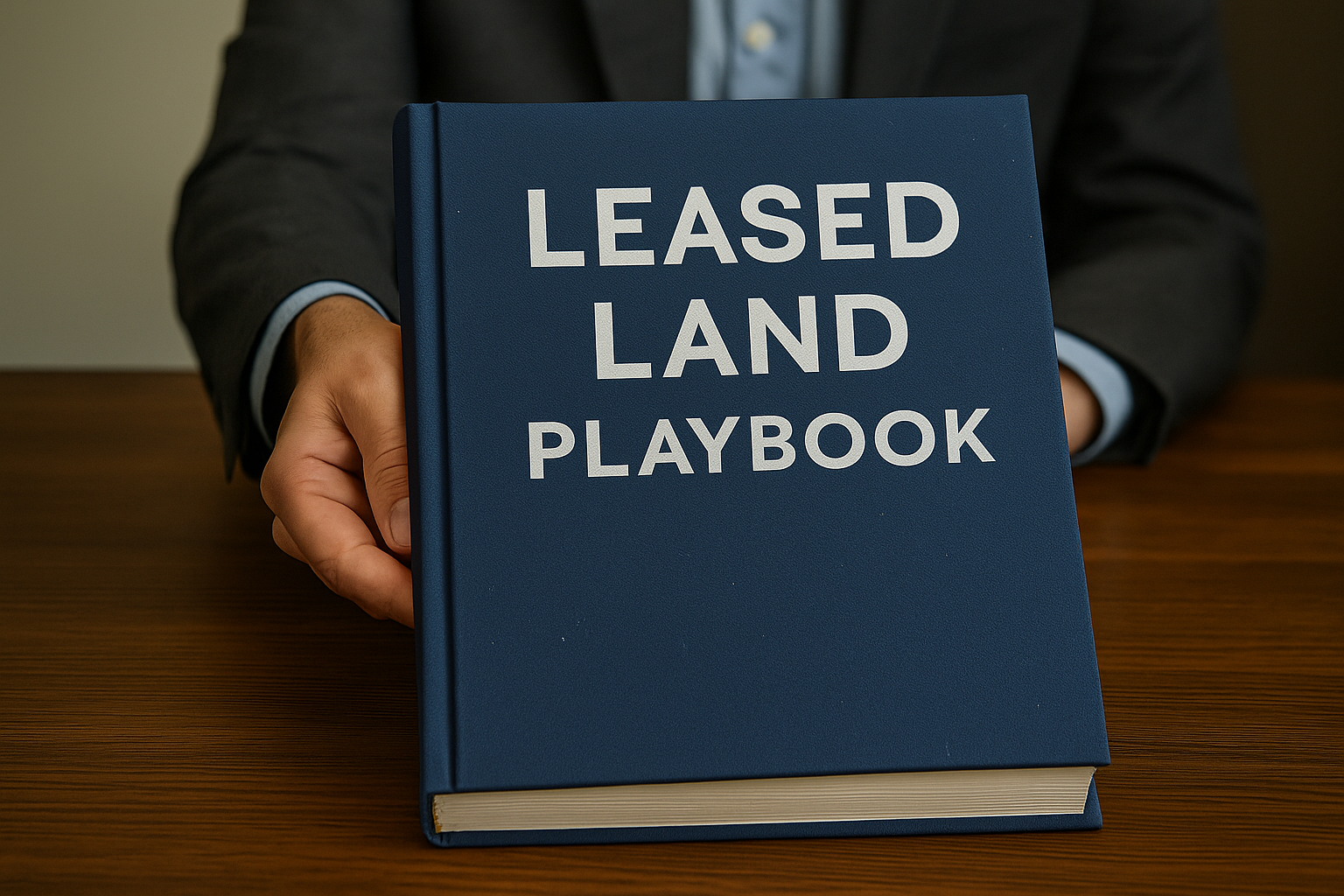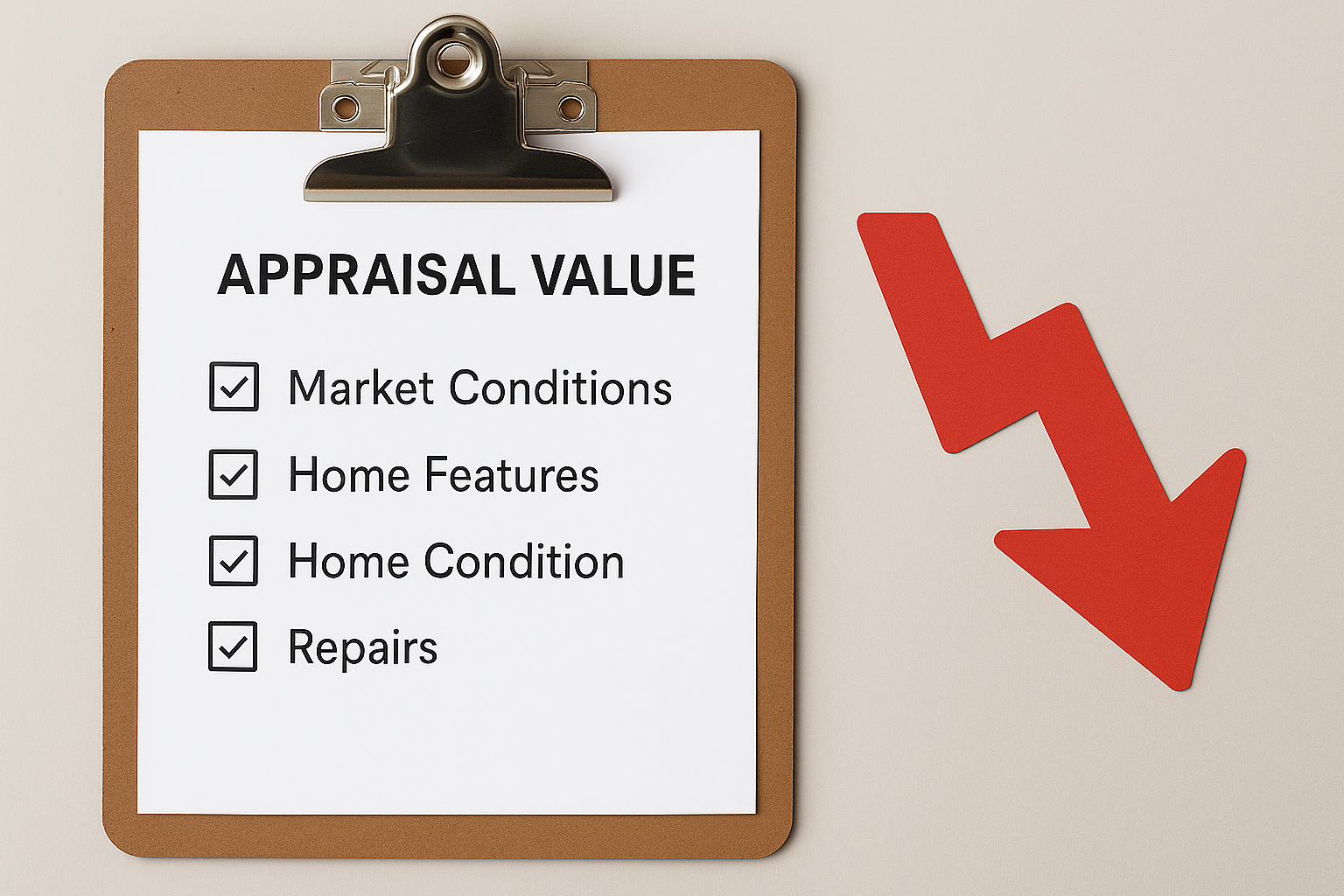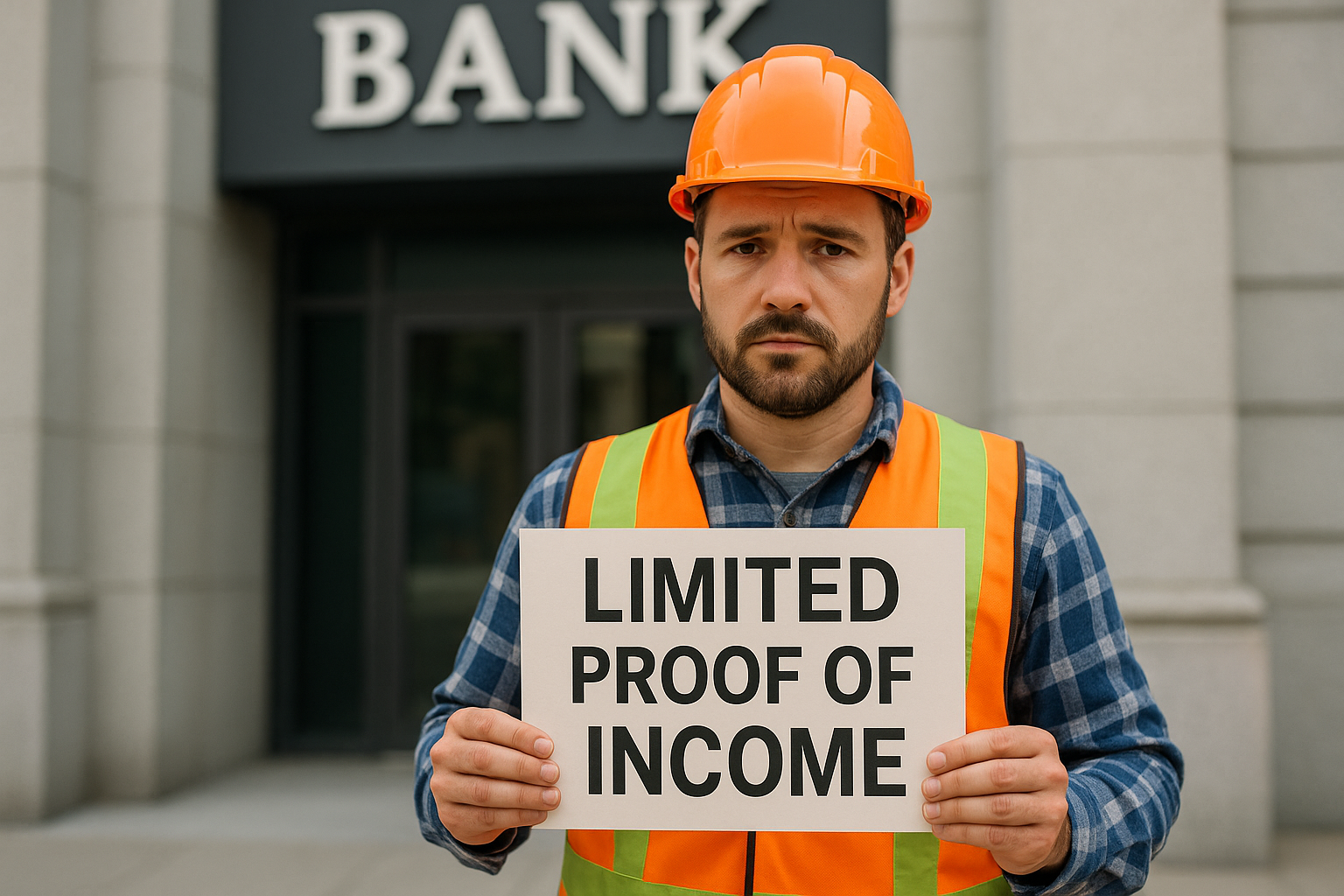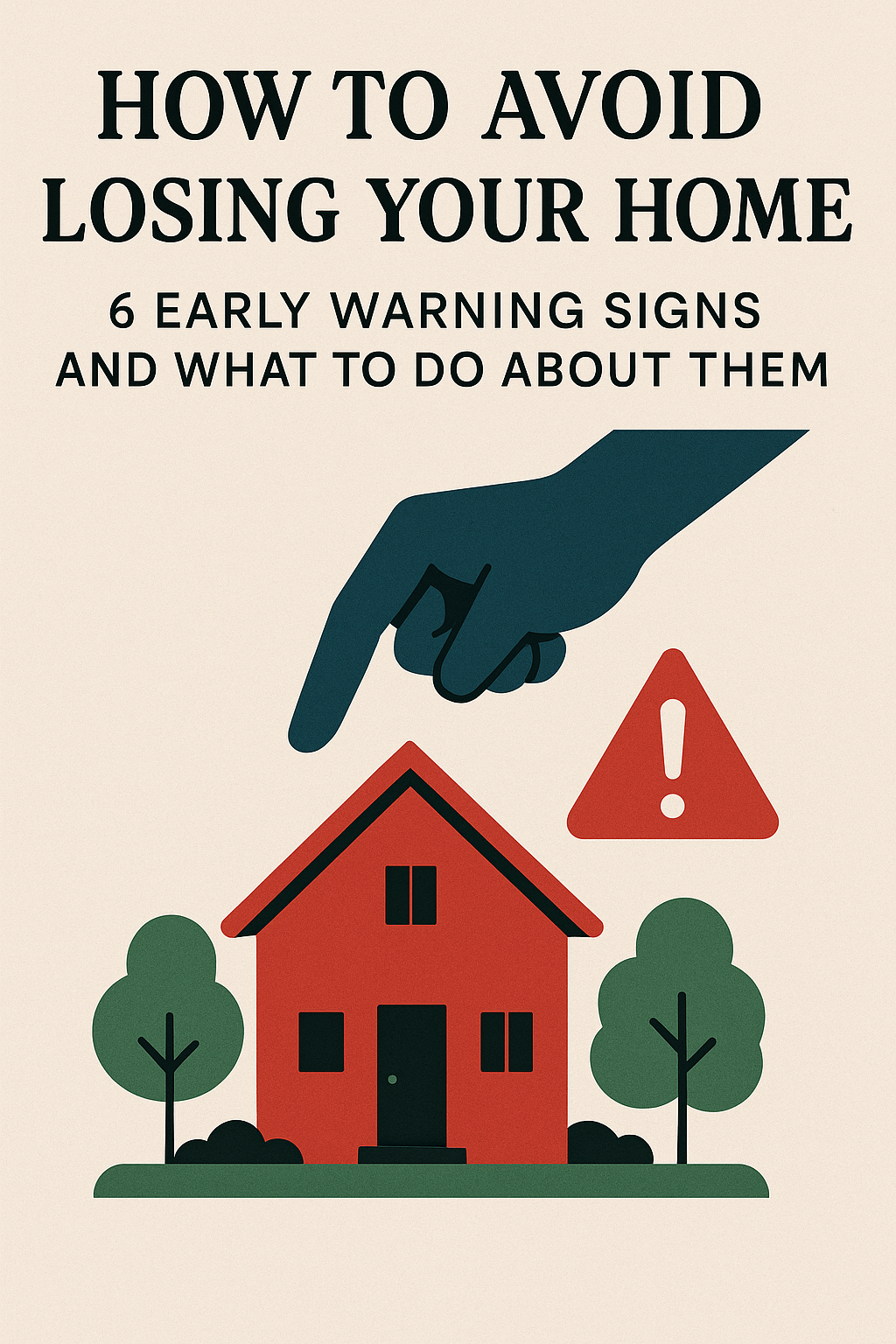Table of Contents
Toggle5 Questions To Ask Your Mortgage Broker
1. Important Questions To Ask A Mortgage Broker
Buying a home or refinancing one is a significant milestone, but it can also be overwhelming, especially when navigating the mortgage process. A mortgage broker can help guide you through this complex journey, but it’s essential to ask the right questions to make sure you get the best deal possible. Whether you are a first-time homebuyer, exploring private lending, or trying to secure a mortgage with bad credit, understanding your options is key to making informed decisions. Here are the top 5 questions to ask your mortgage broker to ensure you’re prepared.
2. Question 1: What Mortgage Options Are Available for Someone Like Me?
Understanding Your Unique Financial Situation
One of the first things you should ask your mortgage broker is about the different mortgage options available based on your financial circumstances. Not all mortgages are created equal, and what might work for one person might not be the best choice for you. Here’s what you should consider:
- Types of Mortgages: Your broker should explain the various types of mortgages available, including fixed-rate mortgages, variable-rate mortgages, and adjustable-rate mortgages. Understanding the pros and cons of each will help you determine which one aligns with your financial goals and risk tolerance.
- Specific Situations:
- First-Time Homebuyers: As a first-time buyer, you may qualify for special programs or incentives such as reduced interest rates or tax benefits.
- Bad Credit Borrowers: If you have a less-than-ideal credit score, your broker may suggest options like working with a B lender or a private mortgage lender. Private lenders are often more flexible regarding qualifying criteria, which can be beneficial if traditional lenders consider you a high-risk borrower.
- Current Canadian Mortgage Options: In Canada, there are multiple mortgage providers, including A lenders (major banks), B lenders (specialty lenders), and private lenders. Your broker should provide a comparison of options that suit your financial situation.
Relevant Data
According to recent statistics, about 39% of Canadians prefer fixed-rate mortgages for their stability, while 34% opt for variable rates to take advantage of potentially lower costs when market conditions are favourable. Knowing where most Canadians are headed with their mortgages can give you insight into potential trends.
Example
Take, for instance, a young couple purchasing their first home in Ontario. They are unsure whether to choose a fixed-rate or a variable-rate mortgage. After discussing their income stability and plans, their broker suggests a fixed-rate mortgage, ensuring their payments remain consistent during the early years of their financial journey.
3. Question 2: What Is the Best Interest Rate You Can Offer Me?
Negotiating Interest Rates for Savings
Interest rates are one of the most critical aspects of a mortgage. A slight change in the rate can make a substantial difference in how much you end up paying over the life of your loan. Ask your broker about the best rates they can offer and how they arrive at those rates.
- Factors Affecting Interest Rates: Your credit score, income level, down payment amount, and overall financial stability play a significant role in determining the interest rate you qualify for. Brokers can sometimes negotiate rates lower than what is advertised, especially if you have a strong financial profile.
- Fixed vs. Variable Rates: Brokers will help you decide between a fixed-rate or variable-rate mortgage. Fixed rates provide predictability, whereas variable rates can be lower initially but fluctuate with market conditions.
Relevant Data
Currently, interest rates in Canada vary from 5.5% to 6.5% for fixed-rate mortgages and 4.5% to 5.7% for variable-rate options (Bank of Canada, 2024). Discussing these rates with your broker helps you understand where you fall within this range and what adjustments can be made.
Example
Consider a self-employed individual with excellent credit looking to buy a property. The broker helps them secure a 5.3% fixed-rate mortgage after negotiating with lenders, ultimately saving them hundreds of dollars per month compared to initial offers.
4. Question 3: What Are the Fees and Costs Involved in the Mortgage?
Understanding the True Cost of Your Mortgage
It’s easy to get caught up in interest rates without considering the additional fees and costs associated with securing a mortgage. Make sure you understand all costs involved:
- Breakdown of Fees: Mortgage fees can include:
- Origination Fees: Fees for processing the mortgage application.
- Broker Fees: While fees are normal, they depend on what you qualify for. Is important to discuss the type of mortgage you qualify for with your broker.
- Legal Fees: You’ll need a lawyer to handle the closing process, which includes title transfer and registration.
- Appraisal Fees: An appraisal may be required to determine the value of the property, which will impact how much a lender is willing to lend.
- Hidden Costs: In addition to visible fees, there may be hidden costs like mortgage insurance if your down payment is less than 20%. These costs can significantly affect the total cost of homeownership, so it’s crucial to clarify everything upfront.
Relevant Data
On average, closing costs in Canada can range from 1.5% to 4% of the purchase price, depending on the province and specific mortgage conditions. Understanding these costs helps prevent unexpected financial stress at closing.
Example
A Toronto homeowner underestimated their closing costs and had to scramble to arrange additional funds. By asking detailed questions about all potential fees, you can avoid these types of surprises.
5. Question 4: How Long Is the Pre-Approval Valid, and What Can Affect It?
The Pre-Approval Process and Its Importance
Getting pre-approved for a mortgage is a great way to understand your budget and make confident offers. However, pre-approvals don’t last forever, and certain changes can affect their validity.
- Pre-Approval Timeline: Most pre-approvals are valid for 90 to 120 days, giving you time to search for the right home. During this period, interest rates are usually locked, providing some stability while you shop.
- Factors That Affect Pre-Approval: Significant changes in your financial status can void pre-approval. For example:
- Job Changes: Switching jobs or reducing your income can lead lenders to reconsider your eligibility.
- New Debts: Taking on new debts (e.g., car loans, credit card debt) will increase your debt-to-income ratio, which may negatively impact your pre-approval status.
Example
A couple in British Columbia lost their pre-approval when one partner decided to finance a new vehicle. Their broker worked with them to reassess their budget, but the lesson was clear: stability is key during the pre-approval phase.
6. Question 5: How Are You Compensated for Your Services?
Understanding Broker Compensation
Many borrowers are unaware of how mortgage brokers get paid, which can lead to confusion. It’s important to understand the compensation structure to ensure transparency:
- Broker Commission: Typically, mortgage brokers are paid in different ways. While you don’t usually pay out of pocket; the type of mortgage you qualify for does impact this.
- Private Lenders vs. Banks: Compensation can differ based on the type of lender. Private lending fees are a direct cost to the borrower(s).
- Myths About Hidden Costs: Some borrowers fear that using a broker means higher rates to cover broker fees. In reality, brokers often help negotiate better rates due to their relationships with various lenders. Fees are separate from the actual rate of interest charged by the mortgage lender.
Example
A borrower with bruised credit was worried about hidden fees. The broker explained that they would discuss all fees upfront with the borrower once approval is received, ensuring full transparency in the mortgage documentation.
7. Common Mistakes to Avoid When Working with a Mortgage Broker
- Not Comparing Offers: It’s crucial to compare offers from multiple lenders so that you’re getting the best offer.
- Ignoring Fees in General: Always ask about any fees associated with your financing, including all potential costs such as lender or broker fees.
- Focusing Only on Interest Rates: The mortgage with the lowest interest rate may not be the best option once the terms and conditions are uncovered.
8. Conclusion
Asking the right questions is crucial to making informed decisions about your mortgage. By understanding the different options available, and the costs involved, you can ensure a smoother home-buying or mortgage refinance process. A good mortgage broker will be transparent, supportive, and focused on securing the best deal you qualify for—so don’t hesitate to ask these questions.
9. FAQ Section
- What’s the difference between a mortgage broker and a bank?
Brokers have access to multiple lenders, providing a range of options, while banks can only offer their own products. - Can a mortgage broker help if I have bad credit?
Yes, brokers can connect you with private or alternative lenders who may be more flexible than traditional banks. - How do I choose the right mortgage broker?
Look for experience, client reviews, and transparency in fees and services. - Do I need to pay my mortgage broker directly?
Typically, brokers are paid by the lender at closing, not out of pocket by the borrower. - How does pre-approval affect my credit score?
A pre-approval involves a hard inquiry, which may cause a slight dip in your credit score, but it is essential for serious buyers.
- Low Appraisals: Steps Canadian Homeowners Can Take - June 27, 2025
- What Loan Does Not Require Proof of Income in Canada in 2025 - June 23, 2025
- How to Avoid Losing Your Home: 6 Early Warning Signs and What to Do About Them - June 20, 2025






